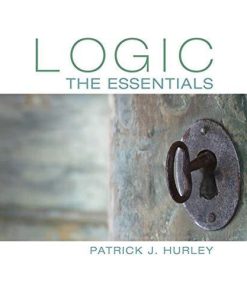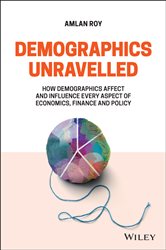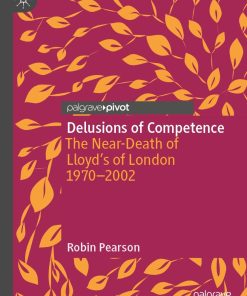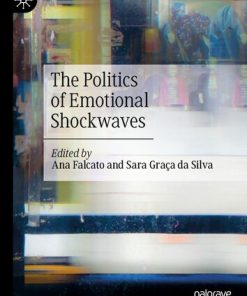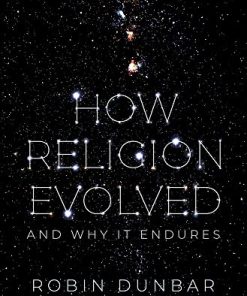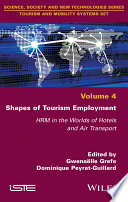(EBook PDF) Emotional Choices How the Logic of Affect Shapes Coercive Diplomacy 1st Edition by Robin Markwica 0192513125 9780192513120 full chapters
$50.00 Original price was: $50.00.$25.00Current price is: $25.00.
Emotional Choices: How the Logic of Affect Shapes Coercive Diplomacy 1st Edition by Robin Markwica – Ebook PDF Instant Download/DeliveryISBN: 0192513125, 9780192513120
Full download Emotional Choices: How the Logic of Affect Shapes Coercive Diplomacy 1st Edition after payment.
Product details:
ISBN-10 :
ISBN-13 :
Author:
Why do states often refuse to yield to military threats from a more powerful actor, such as the United States? Why do they frequently prefer war to compliance? International Relations scholars generally employ the rational choice logic of consequences or the constructivist logic of appropriateness to explain this puzzling behavior. Max Weber, however, suggested a third logic of choice in his magnum opus Economy and Society: human decision making can also be motivated by emotions. Drawing on Weber and more recent scholarship in sociology and psychology, Robin Markwica introduces the logic of affect, or emotional choice theory, into the field of International Relations. The logic of affect posits that actors’ behavior is shaped by the dynamic interplay among their norms, identities, and five key emotions: fear, anger, hope, pride, and humiliation. Markwica puts forward a series of propositions that specify the affective conditions under which leaders are likely to accept or reject a coercer’s demands. To infer emotions and to examine their influence on decision making, he develops a methodological strategy combining sentiment analysis and an interpretive form of process tracing. He then applies the logic of affect to Nikita Khrushchev’s behavior during the Cuban missile crisis in 1962 and Saddam Hussein’s decision making in the Gulf conflict in 1990-1 offering a novel explanation for why U.S. coercive diplomacy succeeded in one case but not in the other.
Emotional Choices: How the Logic of Affect Shapes Coercive Diplomacy 1st Table of contents:
1. Introduction
Existing Explanations of Coercive Diplomacy Outcomes
The Logic of Affect
Case Selection
The Focus on Political Leaders
Outline of the Book
2. The Logic of Affect
An Affective Revolution in International Relations
Ontological and Epistemological Assumptions
How Culture Shapes Emotions
How Emotions Influence Decision-Making
The Link to Political Leaders and Coercive Diplomacy
Emotion Regulation and Individual Disposition
Conclusion
3. Inferring Actors’ Emotions
Psychological Techniques for Inferring Emotion
Inferring Emotions and Their Intensity from Texts
Contextualizing Emotions
Tracing the Influence of Emotions on Decision-Making
Methodological Limitations
Conclusion
4. The Cuban Missile Crisis, 1962
Background: Missiles to Cuba
Limiting the Confrontation, Monday, October 22
Escalating the Crisis, Tuesday, October 23
Turning Around the Arms Ships, Tuesday, October 23
Deterring the US Administration, Wednesday, October 24
Contemplating a Trade, Thursday, October 25
Trading Away the Missiles, Friday, October 26
Adding a Further Condition, Saturday, October 27
Accepting Kennedy’s Terms, Sunday, October 28
Conclusion
5. The Gulf Conflict, 1990–1
Background: Invading Kuwait
Annexing Kuwait
Talking Peace and Taking Hostages
Seeking a Dialogue with the Bush Administration
Canceling Iraqi–US Talks
Defying Coercive Diplomacy, December 1990
Defying Coercive Diplomacy, January 1991
Accepting the Soviet Ceasefire Plan
Withdrawing from Kuwait
Conclusion
6. Conclusion
Assessing the Explanatory Power of the Logic of Affect
Comparing the Case Studies
Implications for Policy-Makers
Suggestions for Future Research
People also search for Emotional Choices: How the Logic of Affect Shapes Coercive Diplomacy 1st:
how shapes affect emotions
emotional how feelings shape our thinking pdf
emotional how feelings shape our thinking
emotional how feelings shape our thinking review
emotional choice
Tags:
Emotional Choices,the Logic,Affect Shapes,Coercive Diplomacy,Robin Markwica
You may also like…
Biology and other natural sciences
Uncategorized
Politics & Philosophy - Social Sciences
Business & Economics - Econometrics
Politics & Philosophy - Anthropology
The Politics of Emotional Shockwaves 1st ed. 2021 Edition Ana Falcato (Editor)
Politics & Philosophy
Uncategorized
How Religion Evolved And Why It Endures 1st edition by Robin Dunbar 0197631836 9780197631836
Business & Economics
Shapes of Tourism Employment: HRM in the Worlds of Hotels and Air Transport 1st Edition






